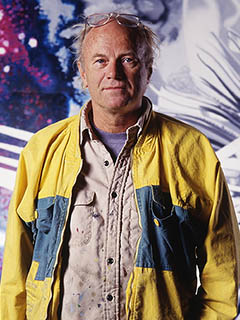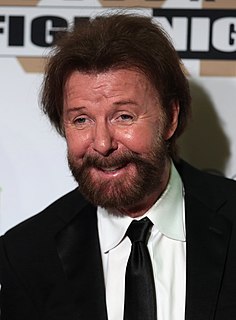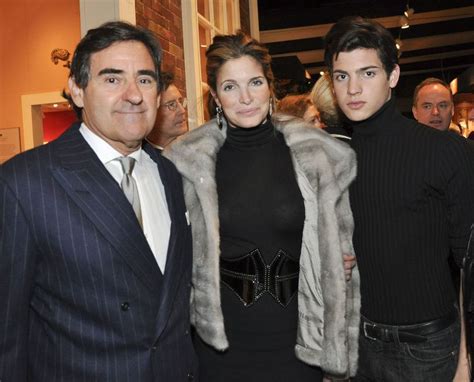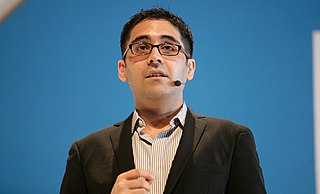A Quote by James Rosenquist
Believe it or not, there were very few books on art, years ago.
Related Quotes
The scientists I looked up to at the beginning were not Latino. They were famous scientists of many years ago, like Madame Curie. Later, I realized that there were also, but a very few, Latino scientists. There were good ones, but very few, because there wasn't as much a tradition to be a scientist in our culture. But this is changing.
There have, for years, been comparative studies of religious fanaticism and factors that correlate with it. By and large, it tends to decline with increasing industrialization and education. The US, however, is off the chart, ranking near devastated peasant societies. About 1/2 the population believe the world was created a few thousand years ago: the justification for the belief is that that is what they were ordered to believe by authority figures to whom they were taught one must subordinate oneself. And on, and on.
A few years ago, they [Neandertals] were thought to be ancestral to anatomically modern humans, but now we know that modern humans appeared at least 100,000 years ago, much before the disappearance of the Neandertals. Moreover, in caves in the Middle East, fossils of modern humans have been found dated 120,000-100,000 years ago, as well as Neandertals dated at 60,000 and 70,000 years ago, followed again by modern humans dated at 40,000 years ago. It is unclear whether the two forms repeatedly replaced one another by migration from other regions, or whether they coexisted in some areas
It’s like saying beauty is in the eye of the beholder: what appears to be beautiful today may not be judged beautiful in a few years. A perfect example is the Warhol ‘Marilyn’; in the 1960s it was deemed garish. Art needs to be socialised, and you need a lot of context to understand that, and that doesn’t mean having read a few art history books.
Yes, business really does change. 400 years ago, corporations were formed by royal decree. 300 years ago, many countries were powered by slave labour, or its closest moral equivalent. 200 years ago, debtors didn't go bankrupt, they went to prison. 100 years ago - well, business is largely the same as it was a century ago. And that's exactly the problem. Business hasn't changed, but today's array of tectonic global shocks demands a different, radically better kind of business. Yesterday's corporations visibly cannot meet today's economic challenges.
There's been resistance to every new technology that's ever been introduced. When books came out hundreds of years ago, there were complaints that it would destroy the oral tradition. Some of those fears were justified, but it didn't stop the rise of the written word. And books have proven to be incredibly useful.







































